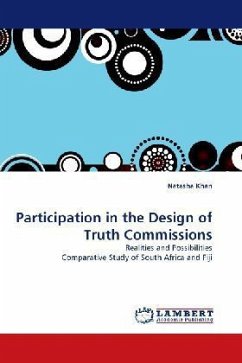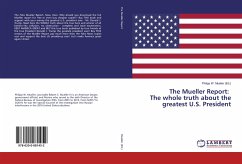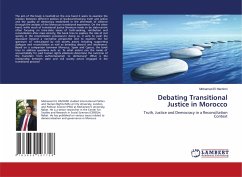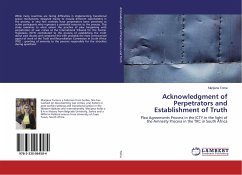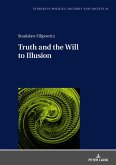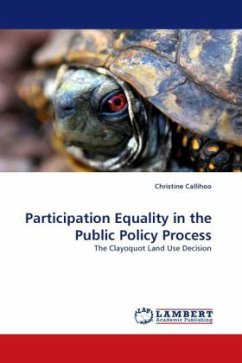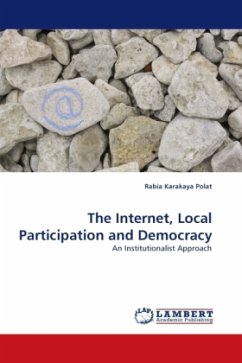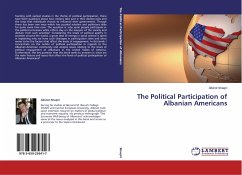Most truth commissions are designed with little to no consultation with the stakeholders. This paper explores the possibilities and realties for participation of different actors at various stages of the design of truth commission and examines the role of leaders in the promotion of societal reconciliation. The findings of the case studies of the South African TRC and Fiji's RTU Bill suggest that truth commissions should be designed in genuine engagement with all stakeholders over considerable period of time, should never be created in haste, should demonstrate impartiality in sponsorship and should have strong elements of truth telling. Additionally, in multi-ethnic societies the diversity of cultural, religious and traditional factors should be integrated in any strategies designed. Most significantly, leaders promoting societal reconciliation should demonstrate conciliatory attitudes in both personal and professional demeanour. Truth commissions if designed appropriately have huge possibilities of bringing together divided communities for sustained peace in the future.
Bitte wählen Sie Ihr Anliegen aus.
Rechnungen
Retourenschein anfordern
Bestellstatus
Storno

